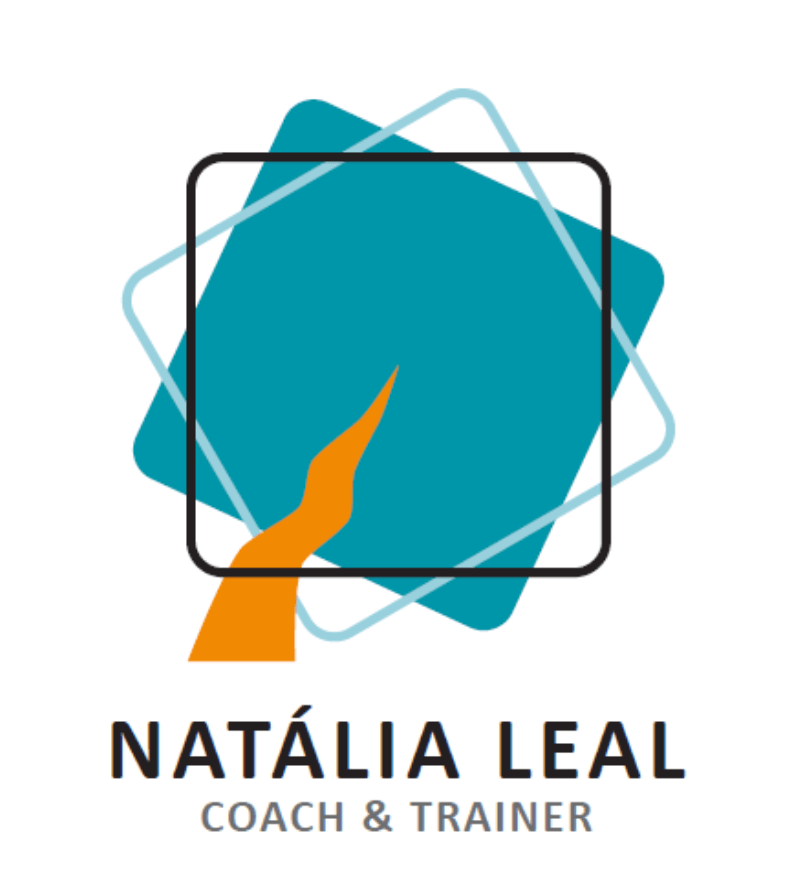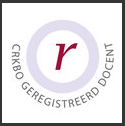The Secret to Thriving Across Cultures: Why EQ and CQ Are Essential for Modern Leaders and International Professionals
Imagine this: you’ve just landed your dream role abroad. It’s your first day. The office is buzzing with different accents; the coffee tastes unfamiliar; the pace, the expectations, the way people give feedback — everything feels slightly off. You’re smart, experienced, and eager to make a difference… but something’s not clicking.
Or imagine stepping into a high-stakes meeting, where you are leading a team with colleagues spread across five countries, or from five different national backgrounds. The conversation begins… Can you see yourself navigating it smoothly, achieving clear outcomes, and fostering mutual understanding? Or does something feel off? Perhaps one of your remarks lands awkwardly. Someone's silence speaks volumes. You walk away wondering: Did I say something wrong? Did they even understand what we agreed on?
In today’s globalised world, working across cultures isn’t a niche skill — it’s a daily reality for international professionals, expatriates, and modern leaders alike. And yet, many still feel misunderstood, disconnected, or ineffective in multicultural environments.
Why is that?
The truth is: technical skills and strategic expertise are no longer enough. To truly thrive across cultures, we need two forms of intelligence that are often overlooked but deeply impactful: Emotional Intelligence (EQ or EI) and Cultural Intelligence (CQ). These aren’t just buzzwords — they’re measurable skills that can transform how you connect, influence, and thrive in diverse environments. They have become the 'secret weapons' of effective leadership!
What Is Emotional Intelligence, and Why Does It Matter?

Photo by fauxels: https://www.pexels.com/photo/photo-of-people-doing-handshakes-3183197/
At its core, emotional intelligence is about understanding and managing emotions — both yours and those of others. Think of it as having four key components:
Self-awareness: Recognising your emotions and their impact on your behaviour.
Self-regulation: Staying in control of your responses, even under stress.
Empathy: Understanding the emotions of others and responding thoughtfully.
Social skills: Building strong relationships through effective communication and collaboration.
For international professionals and leaders, EQ isn’t just a "nice-to-have" — it’s foundational. Research shows that leaders with high EQ foster more engaged, productive teams. A study by TalentSmart found that EQ accounts for 58% of performance in all types of jobs, and individuals with high EQ earn, on average, $29,000 more annually than those with lower EQ.
Imagine you're presenting an idea to your multicultural team. You sense hesitation in a few colleagues, but instead of pushing forward, you pause. You ask an open question. You notice a flicker of relief in one team member’s expression. That moment of emotional attunement could be the difference between resistance and alignment.
Adding Cultural Intelligence to the Mix
While EQ helps you connect on an emotional level, CQ takes it a step further. Cultural intelligence is the ability to relate and work effectively across cultures. It involves:
Cultural awareness: Understanding that cultural differences shape behaviours, values, and expectations.
Adaptability: Adjusting your approach to fit the cultural context.
Curiosity: Being open to learning from and about other cultures.
Consider a scenario often explored in cross-cultural leadership training. An American manager working with a team in India felt increasingly frustrated by what she perceived as a lack of directness (I may not be American, but I've certainly been there too ;) ). Feedback loops felt vague, and decisions were rarely clearly stated. But as Erin Meyer explains in The Culture Map, in many Indian workplaces, indirect communication — including avoiding a direct “no” — is a way to preserve harmony and show respect. With this insight, the manager shifted her expectations and feedback style. Instead of pushing for immediate answers, she created more space for nuance and indirect input. The result? A stronger sense of trust and a more collaborative working relationship.
Why EQ and CQ Matter More Than Ever
Indeed, trust is the currency of leadership. And trust is built on understanding.
Leaders today work in hybrid teams, influence across time zones, and motivate colleagues from diverse backgrounds. In these environments, the ability to notice nuance, remain flexible, and foster inclusive relationships is no longer optional — it’s essential. Leaders with high EQ and CQ create environments where people feel seen, respected, and valued—regardless of their background.
EQ and CQ also protect your well-being. They help you deal with ambiguity, reduce the emotional toll of misunderstandings, and stay resilient when things don’t go according to plan.
There are many benefits to consider, including:
Stronger collaboration: Diverse teams bring innovation, but they also require leaders who can bridge cultural divides.
Better decision-making: High EQ and CQ leaders consider multiple perspectives, leading to more informed choices.
Increased resilience: Understanding others’ experiences fosters empathy, which can be a powerful tool during times of uncertainty.
For instance, during the COVID-19 pandemic, leaders with high EQ and CQ excelled in maintaining team cohesion. A Harvard Business Review article also highlighted that empathetic leaders who recognised the diverse challenges faced by their global teams were more successful in sustaining morale and productivity.
Practical Tips to Develop EQ and CQ
Improving these skills is a journey, one that you can choose to invest in starting today (if not earlier) :)
Here are a few strategies to get you started and strengthen your emotional and cultural intelligence:
Cultivate self-awareness: Reflect on your emotional triggers and assumptions. Journaling or feedback from peers can help.
Expand your cultural knowledge: Read about different cultures, attend cultural events, or have conversations with people from diverse backgrounds. Ask your colleagues about their traditions and values!
Practice active listening: Pay full attention to what others are saying and go beyond words — notice tone, body language, and emotional subtext.
Learn to pause: Avoid taking comments personally too quickly and when something feels "off," ask yourself: What else could be going on here — culturally or emotionally?
Seek feedback: Ask colleagues how your communication and leadership style is perceived in multicultural contexts. Be open to learning and adapting.
Embrace curiosity: Approach difference with genuine interest rather than judgement, trying to see which is better or worse. Ask questions. Share experiences.
The Bottom Line?
The future of work isn’t just international — it’s deeply human, richly diverse, and constantly evolving. For global leaders and international professionals, success depends less on having all the answers and more on how well you relate, adapt, and connect across differences.
So 'no', thriving across cultures isn’t about being perfect — it’s about being human. Curious. Self-aware. Open to growth, especially when you’re out of your comfort zone. EQ helps you stay grounded and responsive in the face of emotional complexity. CQ gives you the lens to engage across cultures with empathy and insight. Together, they’re your compass and toolkit for navigating global work — not just to survive, but to truly thrive.
What about you? How are you currently developing your EQ and CQ? Where do you feel confident, and where do you still feel stuck?
If you’re a global leader or international professional who’s ready to lead with more clarity, ease, and impact across cultures — let’s talk. I offer tailored consultancy and coaching programmes that help you deepen these skills and thrive in the complexity of global work.
📅 Book a free Discovery Call with me today and let’s explore how you can lead with clarity, connection, and cultural confidence.
Follow me on Social Media:
Related Articles
Want tips, reflections & challenges for success and happiness?
Subscribe to the not-too-regular Seeds for Growth & Joy newsletters and stay engaged with tips, challenges, upcoming events and news.
Natália Leal | Coach & Trainer
Empowering Global Leaders and International Professionals to Upgrade Their Life & Career Abroad
Company no./KvK: 72490772
VAT/BTW-id: NL002528132B78
contact[at]natalia-leal.com
Pages
Services
Courses and Events
Copyright © Natália Leal, 2018-2026














